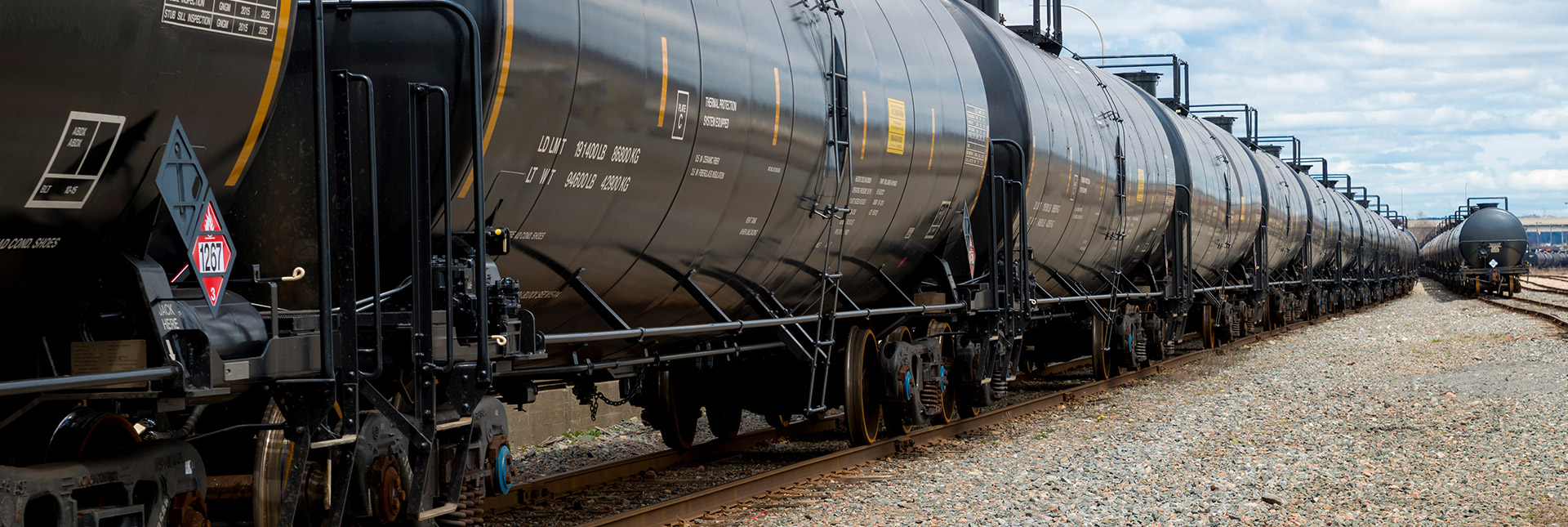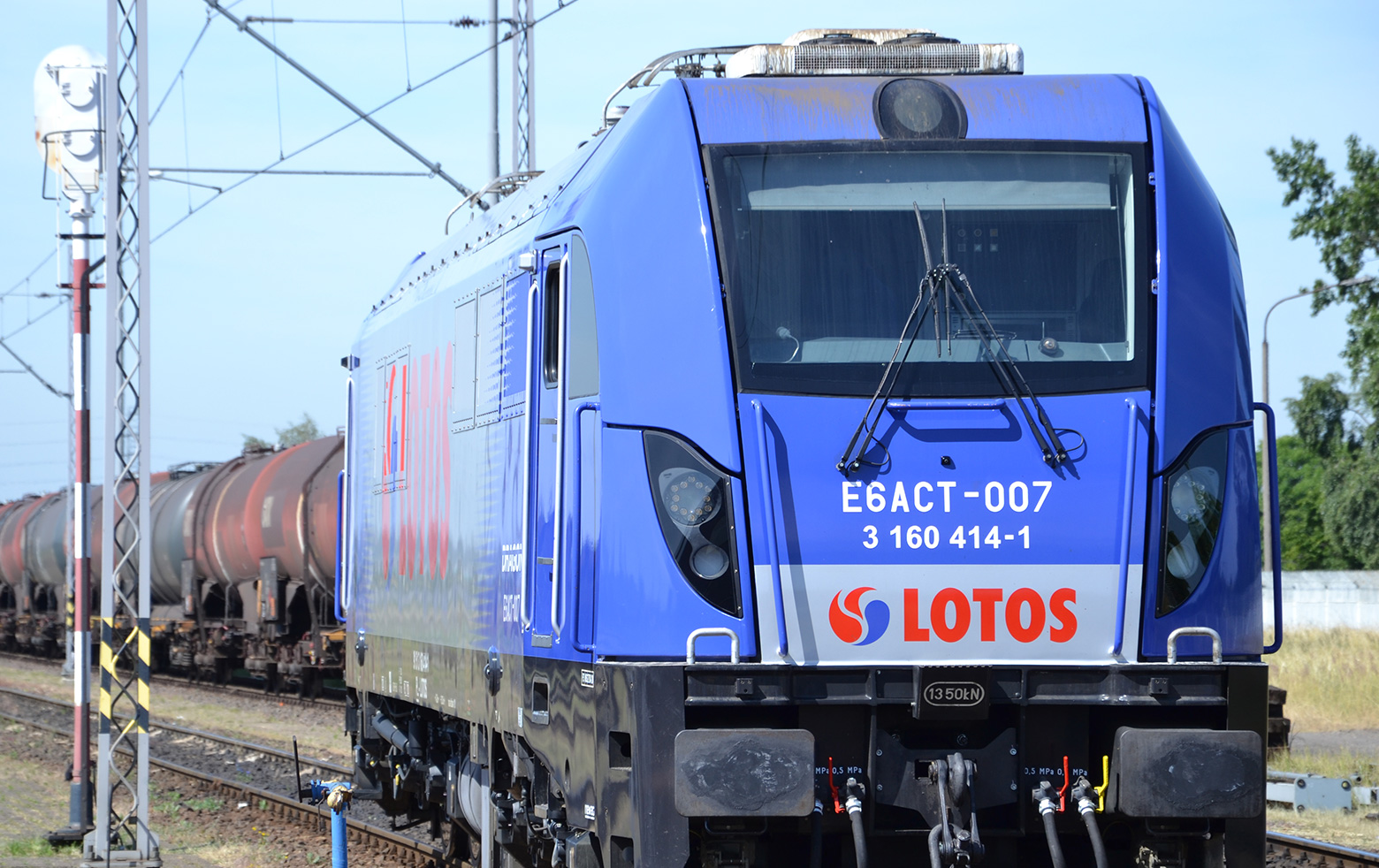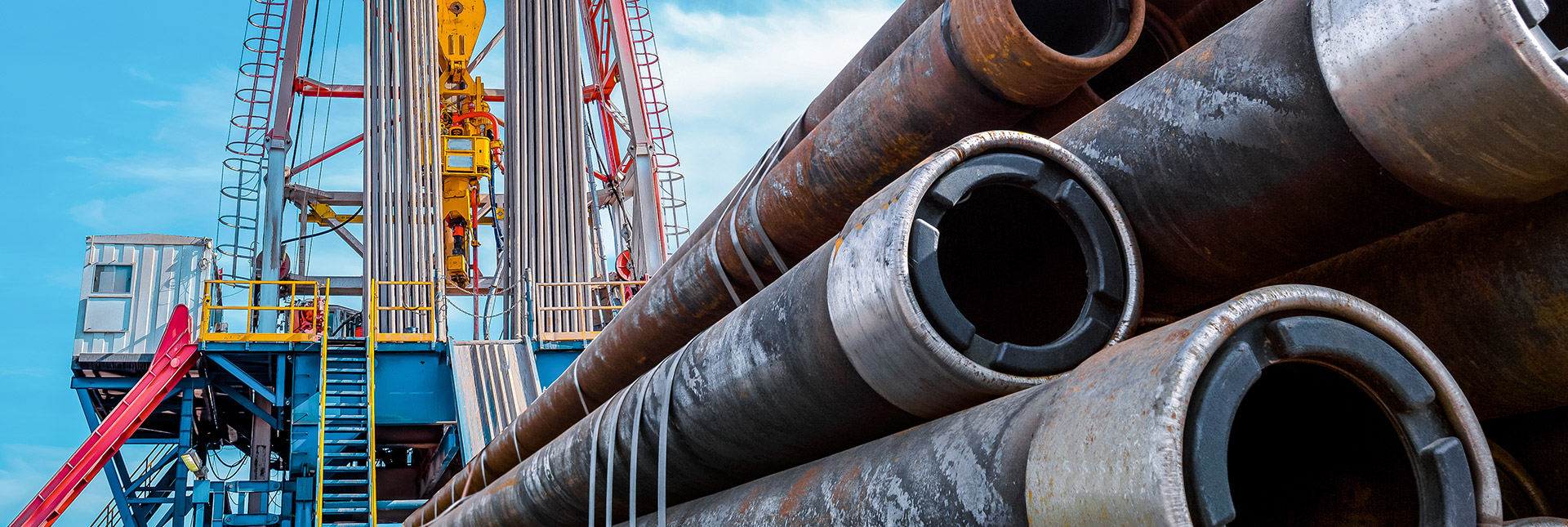In 2021 the Logistics Division worked on preventing the spread of COVID-19 infections. The number of infections did not cause any major disruptions in our logistics processes thanks to our efforts, appropriate monitoring and sophisticated solutions. In the first half of the year, the acceptance of a long-awaited investment in the Railway Cistern Filling Station took place: the fourth NB04 rail filler. This investment will make it possible to satisfy 100% of our loading needs on the railway in the refinery while substantially lowering costs. This investment along with other additional elements has also contributed to a more than 20% increase in some moments of the number of rail maneuvers on the rail siding. Optimizing these processes coupled with such significant growth was and still is a challenge for the employees of the Logistics Division and Lotos Kolej. In Q4 2021 the expectations of all vehicle carriers in the Lotos Group resounded more strongly in terms of substantial rate hikes for vehicle transport (significant increase in the costs of fuel and drivers’ salaries). The cost pressure and therefore the pressure on the rates for services rendered by suppliers is present in all logistics areas. 2021 also saw highly extensive involvement on the part of key employees from the Logistics Division in work to carry out remedial measures during the Lotos Group and PKN merger.
Changes in the Polish rail freight market
| 2021 | 2020 | Change 2021/2020 | |
|---|---|---|---|
| mass of cargo carried (million tonnes) | 243.63 | 223.24 | 9.10% |
| tonne-kilometers (million) | 55,984.35 | 52,217.93 | 7.20% |
| train-kilometers (million) | 81.62 | 77.5 | 5.30% |
In 2021, LOTOS Kolej maintained its runner-up position in the market in terms of freight workload, despite a decrease in its share in the Polish rail freight market (calculated by freight workload) from 10.36% in 2020 to 10.00% in 2021. This share decreased despite a rise in freight workload, from 5,407 million ntkm (net tonne-kilometres) in 2020 to 5,600 million ntkm in 2021 (an increase of 3.6%) and a 2.9% increase in the total tonnage carried (from 12,552 thousand tonnes in 2020 to 12,914 thousand tonnes in 2021), of which 8.85 million tonnes were hazardous materials – the segment of the rail freight market in which the company has been the market leader for years.




